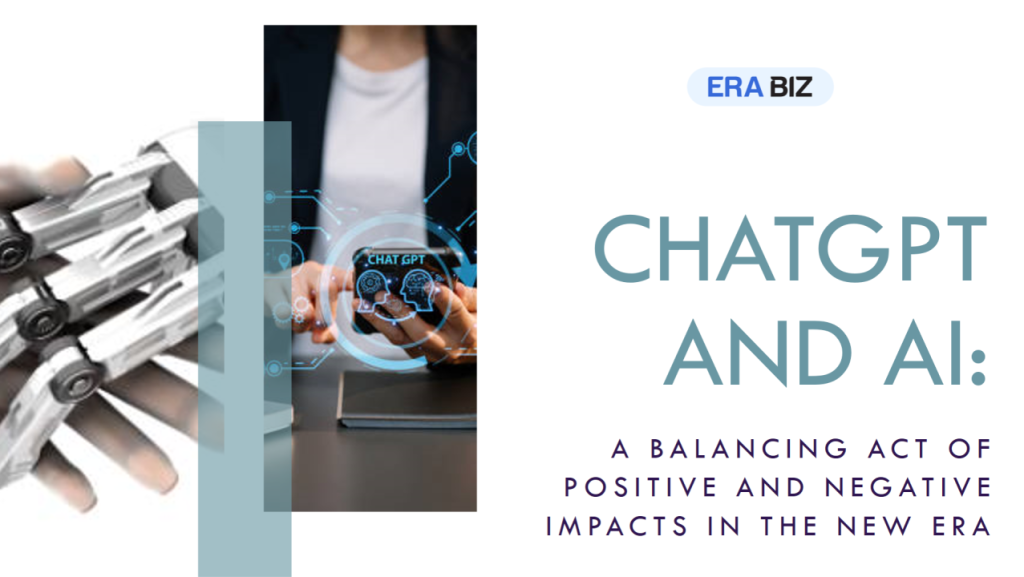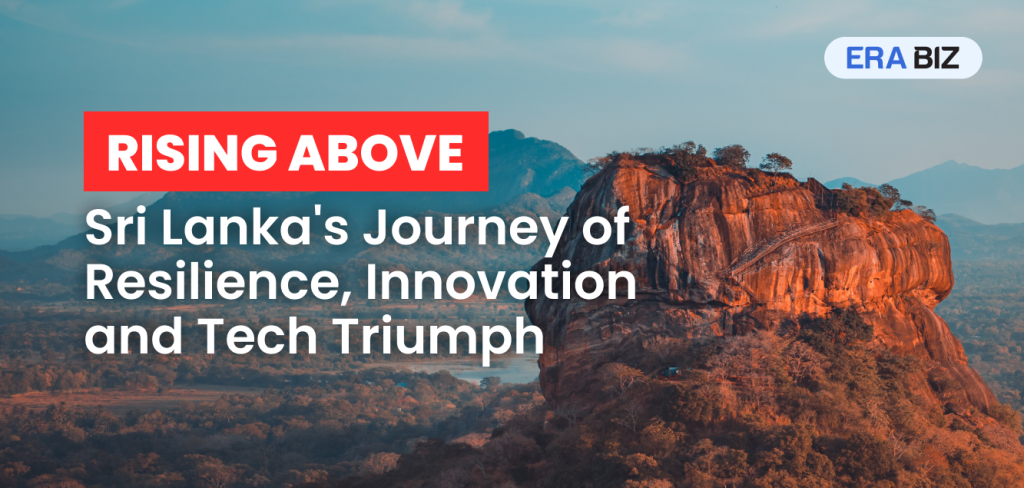Artificial Intelligence is rapidly transforming how we live, work, and learn. In this Q&A-style blog post, we explore the rise of AI agents, their far-reaching effects on the workforce, education, society, and business-and what it means for you.
AI Agents: What, How, and How Long?
🤖 Q: What are AI agents and how long can they run?
A: AI agents are autonomous systems that can operate independently for anywhere from 30 minutes to several days. They use tools like web browsing, programming, and even credit card processing to achieve complex goals138. Their ability to function without continuous human oversight makes them ideal for automating repetitive, data-heavy tasks and freeing up human resources for higher-value activities8.
AI and the Global Workforce
🌍 Q: How will AI agents impact the global workforce?
A: AI agents are poised to disrupt up to 50% of the global workforce, with millions of jobs already affected. Roles such as anesthesiologists and customer service agents are among those being displaced247. As companies adopt AI at scale, HR leaders are reimagining workforce structures and prioritizing reskilling programs to help employees adapt2.
🧠 Q: How will AI agents evolve?
A: AI agents are evolving like a new species-exceeding human capabilities through collaboration and inter-agent interaction. As they learn and adapt, their abilities may surpass what was possible with their original training data, leading to new, unpredictable skills38.
💼 Q: What jobs are at immediate risk from AI?
A: Routine jobs such as quality assurance, data entry, accounting, graphic design, and video editing are at high risk of automation in the coming years47.
AI’s Potential and Risks
🚀 Q: What is the potential impact of AI on society?
A: The rise of AI agents could be as disruptive as discovering a new continent of remote workers-highly skilled, always available, and working for a fraction of the cost.
⚖️ Q: How might AI affect inequality?
A: AI could widen inequality, as entrepreneurs and companies who best leverage these tools may become exponentially more effective and wealthy than the average person.
🎭 Q: What are the risks of AI in terms of deception?
A: AI can be used to create highly personalized scams and deepfakes, exploiting individual blind spots and potentially enabling untraceable crimes.
🦠 Q: What are the potential dangers of AI misuse?
A: Risks include election manipulation, personal data theft, and even the creation of dangerous pathogens-making ethical governance and oversight crucial8.
AI and Education
📚 Q: How will AI impact education?
A: AI can deliver personalized, one-on-one tutoring at scale, adapting to each student’s learning speed and style.
🧑🎓 Q: What skills should parents teach their children for the AI age?
A: Focus on critical thinking, emotional intelligence, creativity, adaptability, lifelong learning, and interpersonal skills.
🔄 Q: How should education adapt to the AI era?
A: Shift from skills-based to tools-based learning, emphasizing lifelong adaptability and the ability to leverage new technologies as they emerge.
AI and Society
👥 Q: How is AI affecting social relationships?
A: AI’s influence is felt in rising loneliness and changing relationship dynamics, with some countries experiencing record-low fertility rates.
🌐 Q: Which countries are leading in AI development?
A: The United States and China dominate AI investment and innovation, shaping the global landscape8.
🏙️ Q: How might AI change our living environments?
A: AI could enable the creation of virtualized environments-simulated universes where people live, work, and socialize digitally.
AI in Business and Entrepreneurship
💡 Q: How can entrepreneurs leverage AI?
A: Small teams of passionate entrepreneurs can now achieve in three years what used to take thirty, thanks to AI tools that amplify productivity and creativity.
📊 Q: How will AI change business moats?
A: In the AI era, distribution and audience become the key competitive advantages, rather than just ideas or resources.
🚀 Q: How is AI democratizing entrepreneurship?
A: With unprecedented access to AI tools, anyone can become an entrepreneur, create value, and build a following-often with minimal risk.
AI and Governance
🏛️ Q: How might AI impact governance?
A: AI could enable dynamic, real-time governance-automating policy adjustments and potentially replacing traditional politicians and static laws.
🕵️ Q: What are the surveillance implications of AI?
A: Managing powerful AI may require extensive digital surveillance, raising concerns about privacy and civil liberties.
AI and Human Capabilities
🧠 Q: How might AI enhance human intelligence?
A: AI can help people become more intelligent and emotionally aware, potentially raising global IQ as millions use AI for self-improvement.
🎨 Q: Can AI replicate human creativity?
A: AI can simulate human tasks based on training data, but its creativity is limited to what it has learned from humans.
Ethical Considerations and Future Scenarios
🤔 Q: What ethical challenges does AI present?
A: While AI’s potential for good is vast, the risks of misuse-such as empowering malicious actors-are significant and must be managed carefully8.
🔮 Q: What are some potential future scenarios with AI?
A: Possible futures include autonomous AI in warfare, untraceable crimes, and hyper-realistic virtual worlds.
Adapting to the AI Era
🔄 Q: How can individuals adapt to the AI era?
A: Focus on creation over consumption, commit to lifelong learning, and cultivate strong values and judgment.
🛠️ Q: What approach should be taken in dealing with complex AI systems?
A: Use iterative prototyping and feedback-driven development, rather than assuming a one-size-fits-all blueprint.
AI in Specific Sectors
🏥 Q: How can AI be harnessed ethically in healthcare?
A: AI can expand access to medical advice and care, especially for underserved populations.
🎓 Q: How might AI change the role of teachers?
A: AI can extend the reach of great teachers, offering personalized learning at scale.
Gender, Education, and AI
👩💼 Q: How does AI’s impact differ between genders in the workforce?
A: Studies show 80% of working women are in at-risk jobs, compared to 50% of men.
🎓 Q: How does education level correlate with automation risk?
A: Jobs requiring only a high school diploma face an 80% automation risk, while those needing a bachelor’s degree face a 20% risk.
AI and Global Competition
🌍 Q: How might AI affect global economic competition?
A: Europe may face disadvantages due to stricter regulations, while the US and China continue to dominate AI investment and innovation8.
🏭 Q: What new industries might AI create?
A: The rise of AI will spur industries focused on training and managing AI agents, creating new opportunities for skilled professionals.
AI and Human Purpose
🎯 Q: How might AI affect human purpose and meaning?
A: As traditional roles are disrupted, society will need to rethink what gives life meaning and purpose.
🧘 Q: What personal qualities will be valuable in an AI-dominated world?
A: Adaptability, creativity, emotional intelligence, and complex problem-solving will be crucial for success.
AI and Information Integrity
🔍 Q: How might AI affect our ability to discern truth?
A: AI-generated deepfakes and manipulated content make it increasingly difficult to verify information, challenging our ability to discern what’s real.
📊 Q: How might AI impact public confidence in information?
A: With AI filtering and manipulating facts, public trust in information is at an all-time low and likely to decline further.
AI and Economic Shifts
💰 Q: How might AI reshape wealth distribution?
A: AI could concentrate wealth among a small elite with advanced AI skills, increasing inequality.
🌐 Q: What economic challenges might arise from AI adoption?
A: Billions without AI skills could face economic displacement, underscoring the need for reskilling and lifelong learning.
If you want to hire experienced AI developers in Sri Lanka, contact Era Biz Solutions to cut development costs while maintaining the highest quality.

